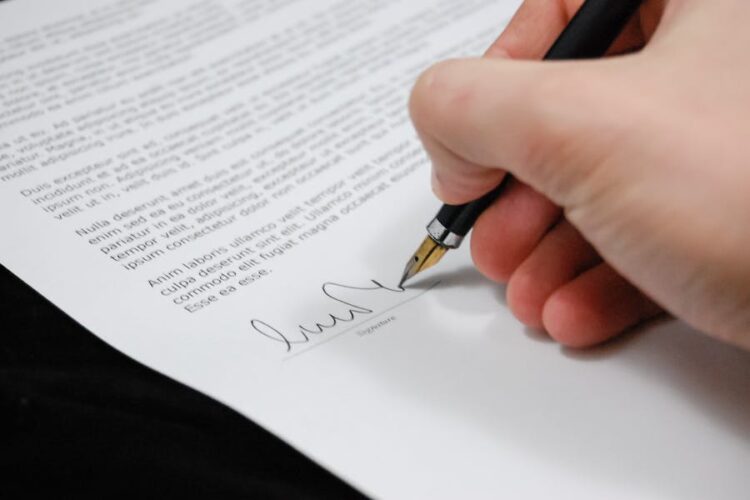There were 112,500 non-fatal workplace injuries in Illinois during 2022. In 2023, there were 1,143 fatal crashes, which caused 1,241 fatalities. 273 people died because restraints were not properly used. Falls and motor vehicle accidents are among the top three causes of preventable deaths in the US, with 227,664 preventable deaths in 2022, and 24,458,680 non-fatal injuries in that same year.
The Chicago personal injury attorneys at Attorneys of Chicago Personal Injury Lawyers, an experienced personal injury firm in Chicago, mention that no two cases are alike, so the first step for a personal injury lawyer in evaluating a personal injury case is to assess the damages thoroughly.
This involves looking at both economic and non-economic losses resulting from the injury.
Determine The Economic and Non-Economic Damages in a Personal Injury Case
Economic damages refer to quantifiable monetary losses such as medical bills, lost income, and future earnings capacity. The personal injury lawyer will examine medical records and bills to determine the total past medical expenses and estimate the cost of potential future care and treatment. Tax returns, pay stubs, and other wage records will be reviewed to calculate lost income. Estimating lost future earnings involves looking at the victim’s education, skills, age, and occupation.
Non-economic damages are more subjective. These include compensation for pain and suffering, loss of enjoyment of life, disfigurement, or physical impairment. The severity of the injury, type of medical treatment, extent and duration of pain, and the impact on daily activities are all considered when placing a monetary figure on non-economic damages. The average compensation for a TBI can easily exceed $1 million, but the payout for a sprained ankle would be much less.
Comparable Personal Injury Case Values
Another factor personal injury lawyers use to value personal injury claims is looking at verdicts and settlements in comparable cases. Online legal databases containing details of prior cases can be searched by injury type, damages awarded, and other factors. This market research gives a good indication of the potential worth of a similar case. The personal injury attorney will aim for consistency with awards granted for analogous cases in the same jurisdiction.
Determine The Liability Strength in Your Personal Injury Case
A significant determinant in the value of a personal injury case is the strength of liability—i.e., how the defendant is at fault. Strong evidence of negligence or wrongdoing makes a case more valuable. Weak liability decreases potential damages. Eyewitness testimony, expert opinions, physical evidence, and other factors impact liability strength. When evaluating their case, the lawyer will thoroughly assess all evidence and liability issues.
Possible Contributory Negligence in Your Personal Injury Case
Another consideration is the possibility of contributory or comparative negligence on the part of the plaintiff. If the injured person was even partially at fault or negligent in causing the accident, the damages they can recover will be reduced. Personal injury attorneys will look at the actions of their clients leading up to the incident to determine if and how much contributory negligence might diminish the value, as Illinois negligence laws say a plaintiff can be found partially at fault.
Review Availability of Insurance Coverage
Since most personal injury awards come from insurance settlements, the available coverage is also essential. The defendant’s policy limits place a cap on the maximum damages recoverable. Even a severe injury will be less valuable if the at-fault party has minimal or depleted insurance coverage.
Your Personal Injury Lawyer Will Consider The Litigation Costs
Expected litigation costs are another factor personal injury lawyers consider when valuing cases. A case with clear liability may have a high potential verdict value. However, if it will require years of litigation and trial expenses, the upfront costs may not justify pursuing it. Weighing potential rewards against anticipated litigation costs and risks is vital.
Each personal injury case has unique circumstances, and the personal injury attorney will thoroughly examine them from all angles.










